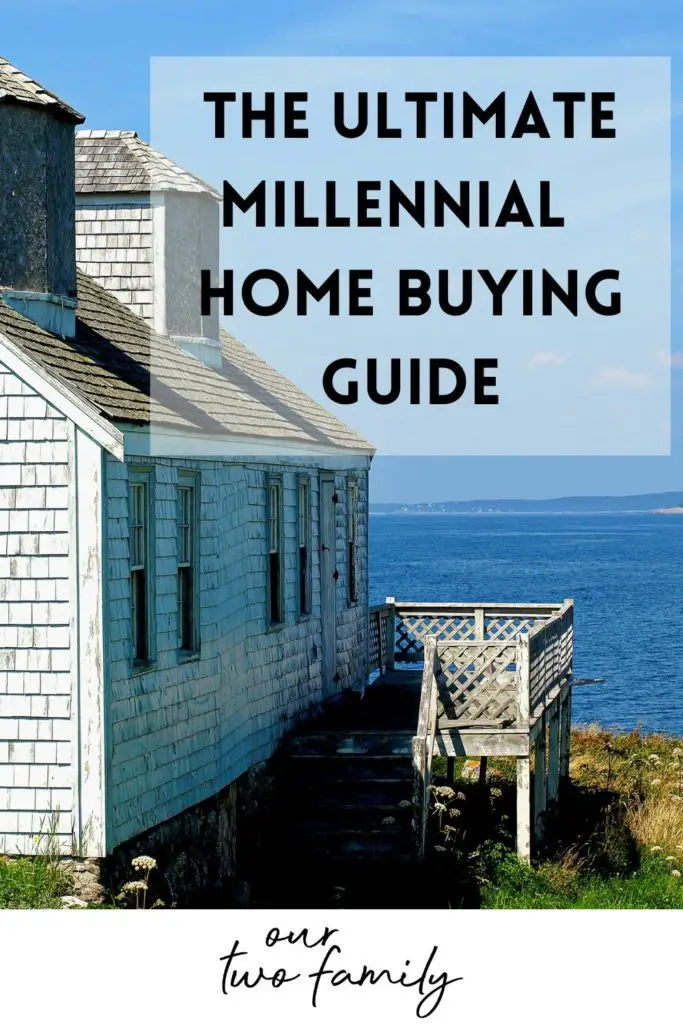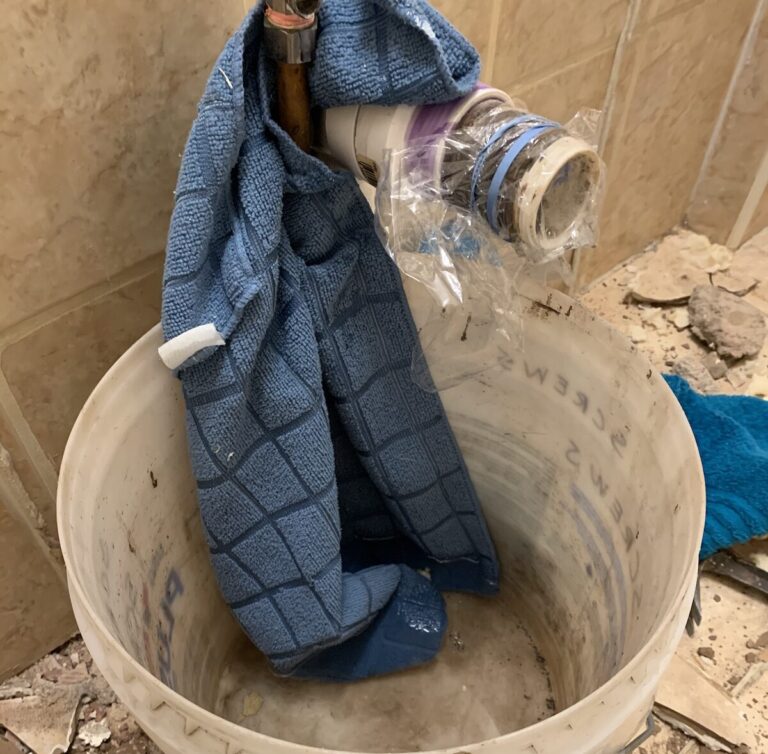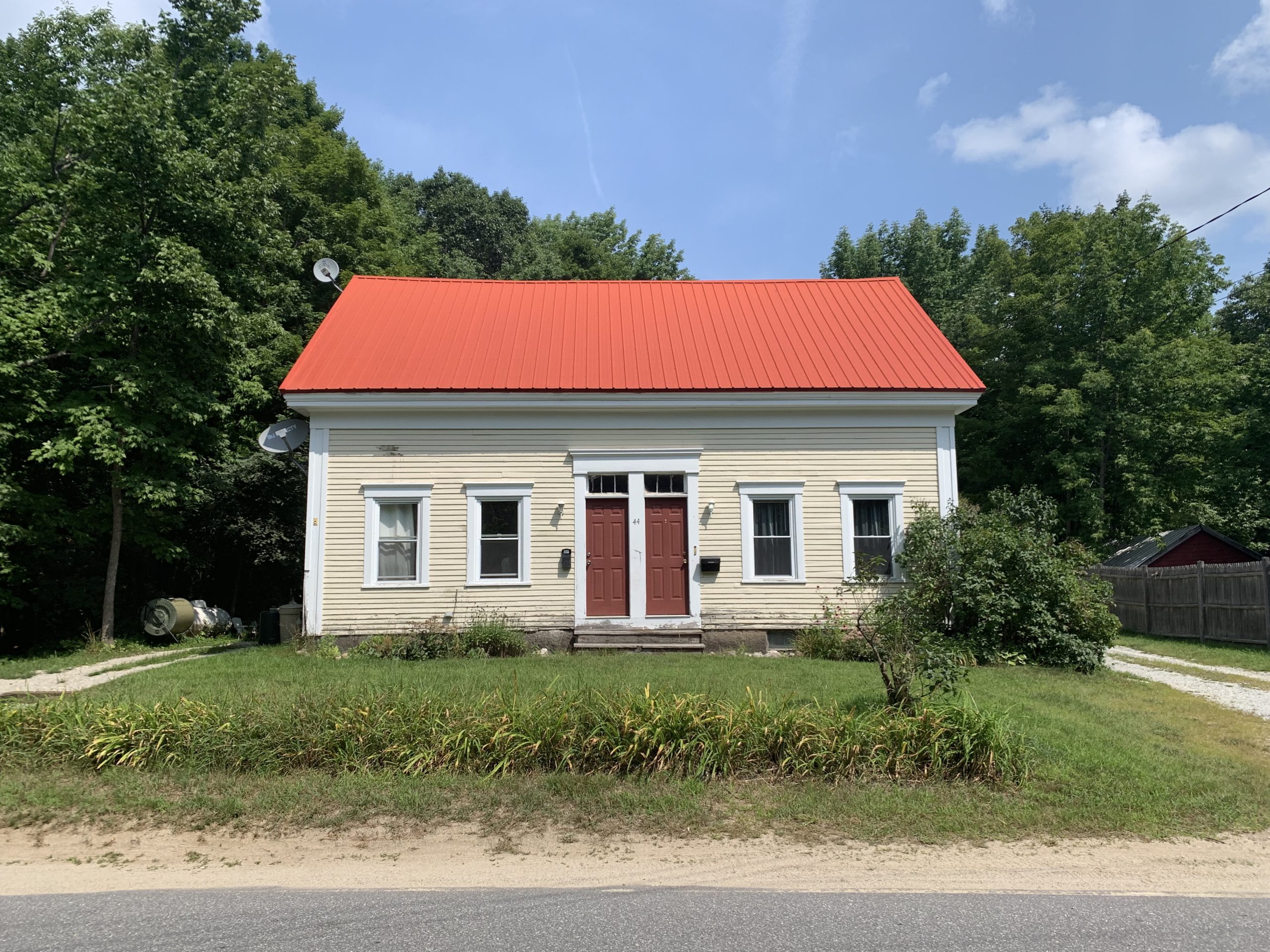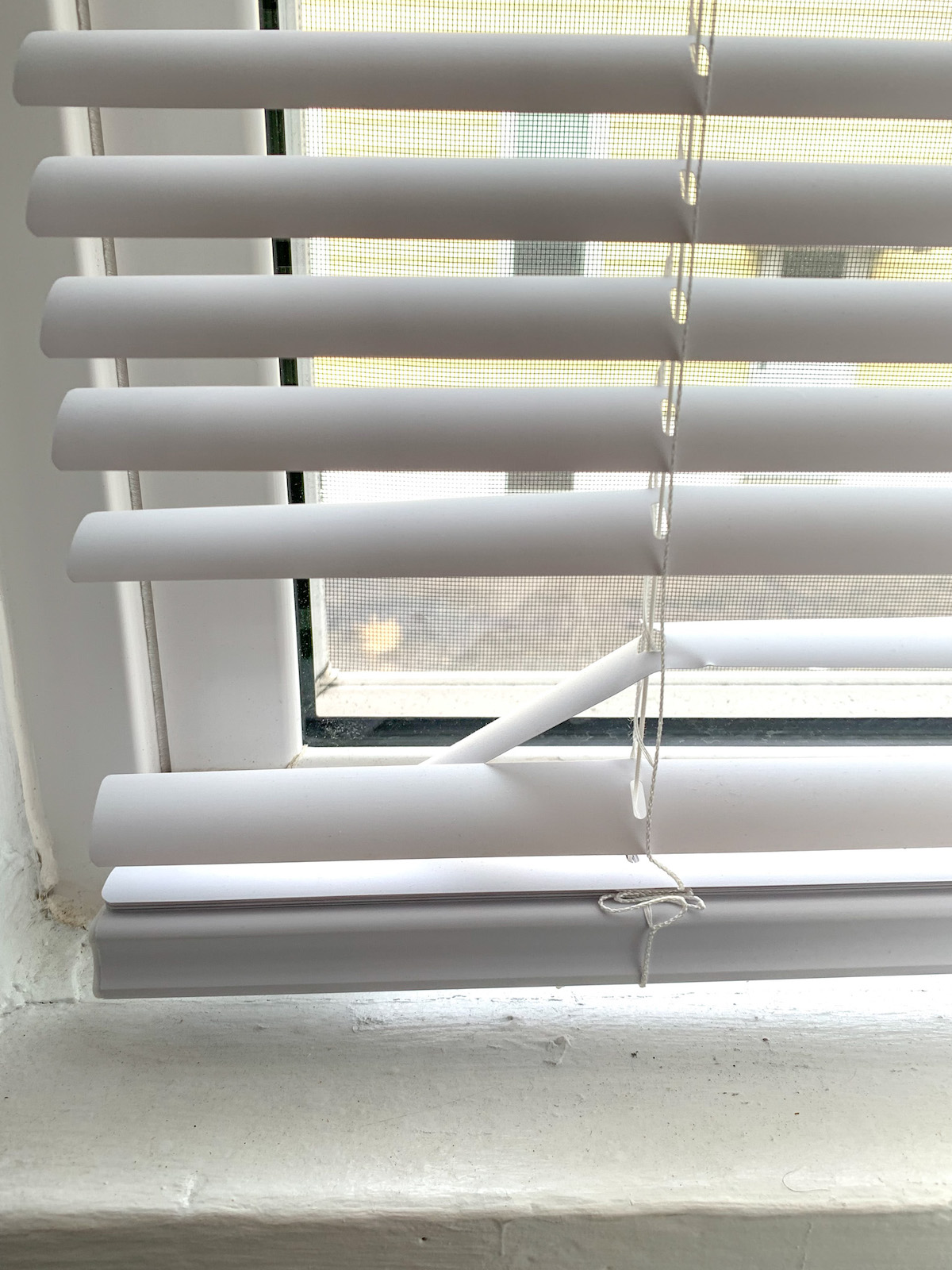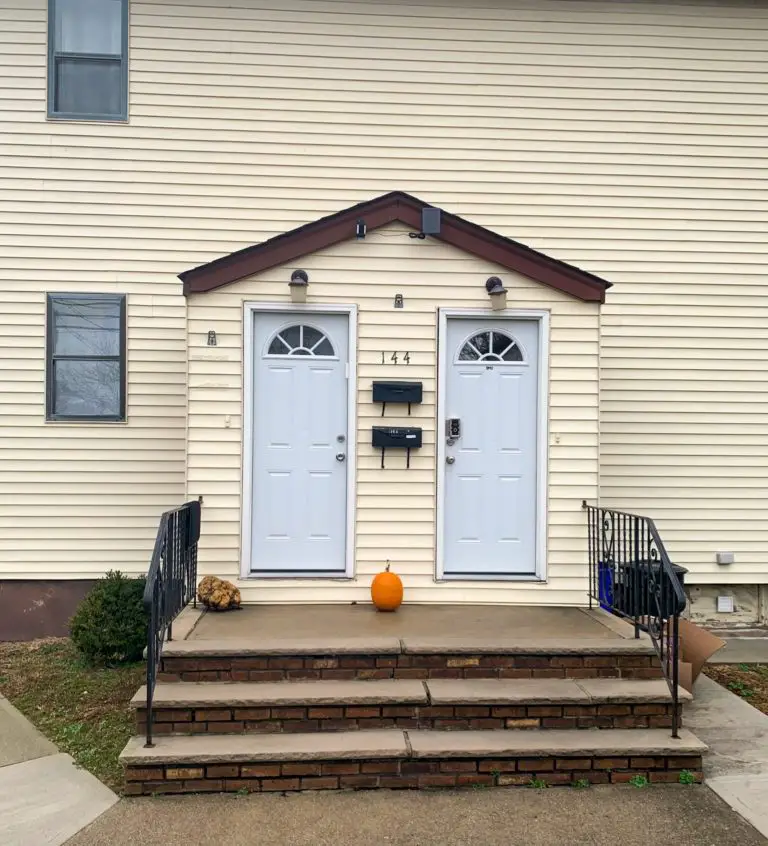The Millennial’s Ultimate Guide to Buying a Home
This post may contain affiliate links. If you purchase a product through one of them, we will receive a commission at no additional cost to you. As Amazon Associates, we earn from qualifying purchases.
This is IT. The millennial’s ultimate guide to buying a home.
This is everything you need to know about the process of buying a home.
This is not an instructional guide of what happens between the time you bid on a house and the time you close on a house. This is bigger picture – this covers the first moment of “gosh I want to own a house” to “moving day, yeahhhh buddy”!
In case you haven’t yet realized… buying a house includes a titanic amount of decision making. This post serves two purposes:
- To help you get ahead of the questions the real estate piranhas are going to ask you. It will make the process smoother and easier on your relationship with your partner, family, or anyone else who is part of this huge decision.
- To consider the millennial way of thinking, such as addressing our damn feelings, as we do just about anything in life. (Do I feel happy and carefree and want a unicorn latte? Am I sad and mopey and need my soft pants and a stemless full of three buck chuck?).
Pour yourself a glass of something scrumptious and buckle up because there is a lot to discuss!
Side note: How to buy a two family house? The exact same way you buy a single family house. This applies until more than 4 units – in other words, a property is “residential” unless it’s got more than 4 units in it. Once it’s 5+, it’s considered commercial, which is a whole different can of worms when it comes to landlord laws and mortgages.
Identify Your Why
Why do you want to own instead of rent? What are the advantages and disadvantages? What is your goal?
Spend time on this one. I know you want a house, like, yesterday, and you want to get it done. However, identifying your “why” could reveal more than you may know. You might even surprise yourself once you realize the “why” behind your desire to purchase.
Possible reasons:
- Provide stability for your family.
- Provide a means of income while owning (like a two family)
- Stop throwing away your money into renting
- More control over your situation, like amenities or heat settings
- “settle down” (but what does this mean to you?)
- You want to own land, one of the few assets in the world that actually cannot be duplicated
- You like projects and HGTV has inspired you to demolish an entire room
- You’re sick of having neighbors within an acre of your bathroom window
This list can go on forever. Write down your why! Discover. Discuss with your partner. Buying a home is a big deal, so identify your why!
Dream a Little
This is the fun part! DREAM ABOUT WHAT YOU WANT. These can be dreams and schemes about your Barbie Dream House – or not. You might find out that your dream home is out of your budget for now and that’s a-ok. You’re allowed to buy a “starter home” and re-locate later.
Dream about what you want for this house purchase. Come up with your picture-perfect scenario. It’s okay if your ideal house doesn’t seem attainable right now. There might be a way to do it that you aren’t aware of yet. (See also: we wanted a two family and had no idea how to attain that when we first set the goal). Your heart is made to dream!
Once you’ve done that, be sure to distinguish your wants from… your actual needs.
Identify Your Needs
Let’s talk about the words “need” and “want.” You might want a lakefront with an in-ground swimming pool & a tiki bar. I do, too, and let me know when you’ve got the margs ready. But if this is your first time buying a home, mayyyybe table that onto the “wants” list and not the “needs” list.
Note: if you are married, please, please, PLEASE do this with your spouse. Even if you have to make your lists separately and then come together and discuss positives/negatives, it will be in your best interests to talk about this BEFORE you start shopping.
In my estimation, the biggest things that will influence your “needs list” are (1) your desired location, and (2) the size of your family.
Here are things to consider.
Location
This is #1 most important. Most houses can be fixed, improved, expanded, built-on addition-ed, etc., but it’s really difficult to pick them up and move them.
When you buy a house, you’re likely buying the land it sits on, too – which has its respectable value! That’s why it is “real” estate, not just “estate.” It’s tangible – it’s real. What fun!
Questions to ask yourself:
- how close do I want to be to work, if I commute?
- Will I be driving with a rush hour every morning?
- Do I like a walkable neighborhood in a city where I can listen to my neighbors’ cell phone conversations while walking their poodle, or…
- would I prefer to hear cows mooing me to sleep and waking to the smell of manure?
- Is mass transit important to me?
- How close would I like a grocery store or home improvement shop?
Number of Bedrooms
Questions to ask yourself: how many people are in my family? Can my kids share a room? Do I anticipate folks visiting from out of town regularly / do I need a guest room?
Number of Bathrooms
Perhaps you lived this, too – my family of 4 growing up had 1.5 bathrooms. Yes, one shower. People have lived for thousands of years without a private bathroom per each bedroom.
Also – you can always eventually make a half bath a full. I still don’t know why my folks didn’t do this in their lovely colonial 13 miles from Manhattan. I digress.
Again, needs vs wants – do you need 2 bathrooms? Or would 1 or 1.5 “do”?
Backyard vs. No Backyard
We personally don’t do pets (after killing Oatmeal the Goldfish during our engagement, we decided to call it quits then and there), but you might have a beloved canine that needs to run around.
Questions to ask yourself: Do I need my own green space, or do I prefer a park nearby? Do I have kids or pets that need to get their energy out? If so, how big? Do I like to mow the lawn, or do I plan to hire out a landscaper? Do I want a garden or no?
A backyard comes with upkeep. When we were house shopping, Derek would judge a property by time – that is, time it takes to mow the lawn every weekend. Some houses were “two hour” houses. He likes ours because it’s a “45 minute” house.
Only you can decide what’s best for you. Maybe you’ll want a condo with an HOA fee because then your outdoor maintenance is as easy as writing a check. Maybe you want 40 acres so you can be a corn farmer. Up to you.
Driveway vs. No Driveway
It’s a good idea to check town laws on parking, particularly if you plan to buy in an urban area.
We learned (via an abrasive welcome from City Hall in the form of a $55 parking ticket, and why yes, I did fight it in court and win) that overnight parking is regulated in our town. We’ve also got street cleaning once per side each week. Rural readers who don’t know the joy: this means you get to move your car from side to side twice a week! The fun multiplied during COVID “work from home” when no one was driving anywhere during the day.
A driveway alleviates much of this hassle.
There are plenty more things that I’m probably not thinking of. Garage? Car port? People who live in places north of the Mason Dixon line might appreciate a garage-kept sedan in the winter. People in Florida may assume that a car port is for boat storage.
Whatever your gig, whether it’s needing outdoor space to raise chickens or a five-car garage for your side hustle repainting Masseratis… you do you and think about what is necessary.
To sum up this very long section: needs vs. wants are a very important distinction, and once pre-discussed, will help your realtor help you find what you are looking for. Writing down what is a “must have” versus a “nice to have” will help immensely when buying a home!
Decide on Your Budget
Your goal. Your max monthly number. This is not identifying how much money you want to spend on a house – we’ll get to that in a minute. This is: how much money should you realistically spend on your monthly housing costs?
This number may or may not look like the same number you spend monthly on rent. “Financial experts” – a term often self-imposed, btw, so be mindful whose advice you heed – these folks would say that your housing costs should be no more than 30% of your income. Fellow former NYC dwellers, we know that means you probably need to make a six figure income for that math to make sense. For the rest of the world – take your estimated yearly pay, and multiply by .3. Like so:
Annual income: $50,000
Multiply by .3: $15,000-ish
Therefore $15,000-ish is the amount of money generally recommended (and approved by banks, heyyyy!) for you to spend on your housing costs annually.
Now we’re going to divide that into monthly payments:
Annual recommended housing costs: $15,000
Divide by 12 months: $1,250
This is the estimated number you should be spending on your rent or your mortgage/taxes/insurance payment. Ah. Yes. Buying a home costs more than just the “mortgage”. When folks refer to mortgage, they also are commonly referring to taxes and insurance payments that are included in the mortgage payment on a monthly basis. We’ll get to that later. Let’s just, for now, be aware of what a reasonable ballpark monthly cost will be.
Word of warning: Do your own math on this, please!! Don’t let a mortgage broker tell you that you can afford more than you’re comfortable with! (See also: The Big Short). You are the captain of your ship and master of your choose-your-own-adventure story. No one gets to be your boss anymore – you’re buying a home and you get to decide what’s best for you. Full stop.
Decide
Decide on it. I hold my view that this is actually the most important step in your entire house search.
Deciding allows you to bring your needs and wants lists to your realtor, and he or she will guide you to the right options available to you. Wishy-washy shoppers don’t often get what they want – especially not in the 2020 to 2021 real estate market in America.
You need to know what you want so that you can make your decisions quickly and with confidence. Make your decision and go for it.
Write It Down
This will benefit you immensely. More than you might know. We wrote down our goal and plastered it on our fridge with an, “…eh, maybe this writing-goals-down-thing will help.”
Friends, I tell you, we accomplished our goal within a month of each deadline that we’d created. It was remarkable! WRITE THAT ISH DOWN! David Bach has a great template in The Automatic Millionaire Homeowner. I highly encourage you to grab a copy of his book (if you haven’t yet) and wrap your head around the goal-setting exercise he’s got.
In any case, write down your goal. Put it somewhere you can see it every day. Read it, out loud if you have to. Take action on it. Believe in yourself. Short of bursting into a song from Space Jam and telling you I believe you can fly, I believe you can touch the sky…. Just write down your goal, read it, and get after buying a home.

Go Shopping!
The fun part! SHOP, baby!! The best place to start – lucky for our generation – is as easy as Command+T, and type in things like “Zillow” or “Redfin” or “Realtor” or whatever your poison of choice. I love Realtor and Redfin because they clearly show things like tax info and previous sales, etc.
My favorite part about this shopping experience is that you can shop from your couch! I’m especially encouraging you to shop on the internet first – i.e. before choosing a realtor – because you’ll wrap your head around things you like the best. This will help your realtor help you, and more efficiently, too.
Pick Your Team: A Realtor, Mortgage Broker, & a Lawyer
This is the beginning of creating your “team” – your real estate team that is going to make this process steam roll into your owning a home.
The first two teammates you need are your realtor and your mortgage broker (unless, of course, you’re so lucky to be buying in cash.).
Our best advice on finding a good realtor? Get a recommendation. Ask your friends or family who have bought a house in a similar area if they know any trustworthy brokers. Particularly in 2020-2021, or if you are hoping to buy a foreclosure like we did, you’ll want to be confident in their speed and accuracy.
Realtors can be a varied lot – be sure to check their experience and knowledge about houses. Some realtors are former contractors and understand how houses work. Some are not, at all, and wouldn’t know gas heat from electric if they tripped over it. Experience is essential. You’ll want an agent who can make this process as smooth as possible.
Same goes for mortgage brokers and real estate lawyers. You may find a good mortgage broker through your real estate agent. Once we ended up with our HUD house on our hands, we switched to a broker that our agent recommended, as he had experience with the demon known as the FHA 203k Loan.
Again, ask around, or even put up a recommendation request on your social media channels. You never know who might know someone terrific!
Get Your Pre-approval
There are two terms I’d like to clarify: pre-approval vs pre-qualification. They are not the same thing, though they are very similar. Let’s briefly explore.
A pre-approval, according to this great article from Total Mortgage:
“In order to be preapproved, you need to submit an application, provide income and asset verification documentation (paystubs, W2s, 1099s, tax returns, bank and investment statements) and have your credit checked. If preapproved, the lender will provide you with a letter specifying the loan amount you qualify for. Preapproval places a buyer in a much stronger negotiating position, as sellers see preapproved buyers as more serious and more likely to close if a deal is struck.”
Contrast that with a pre-qualification, or “pre-qual,” which is not a formal approval, but merely a ballpark estimate of what you can afford.
A pre-approval is a stronger step than a pre-qual. In the wild west of a hot market (aka pandemic house buying from 2020-2021), a pre-approval letter in your hand at an open house is probably the best bet to having your offer taken seriously.
Go Shopping in Person!
Yeah baby! You get to tour people’s houses!
If you’re looking managing a straightforward home buying process, this might not be too tricky.
If you’re shopping in post-2020, you might be waiting outside in a huge line, like obtaining tickets to a BSB concert ca. 1999.
If you’re shopping for a foreclosure / beat up property… we recommend sturdy shoes and a flashlight. You never know what might be lurking in a house that’s been abandoned.
We once toured a HUD home and couldn’t shake the feeling that someone was in the house. When we approached a staircase and heard this creature really start to move, we 180’d, bolted straight out and ran outside to look. Sure enough, a rabid squirrel was launching himself into the porch windows over and over. To quote Shaggy and Scooby… ZOINKS!!!
Anyway, enjoy being carted around by a realtor, who likely has a nice set of wheels for this very purpose. Ask all the questions you want. Take notes on paper because believe it or not, houses can start to blend together.
Once again, you know what’s best for you and your family. Do not be bullied into making rash decisions. Take pictures, if allowed, while you tour homes. Trust your gut. Listen to the walls. Bring a trusted friend or contractor with you. And have some fun!!
Make an Offer With Earnest Money
Ah, you’ve found it. The perfect house for you! It fits your needs list and may even have a few check marks on the wants list. It’s time to make an offer! EEK!
…Wait a sec, how does this work?
You tell your realtor you want to make an offer. Together, you come up with a reasonable number. They write up the paperwork, you sign your name… and oh, right, you need a check. That’s earnest money.
Earnest money, according to Investopedia, is “a deposit made to a seller that represents a buyer’s good faith to buy a home.” It can vary in amount, depending on the cost of the house or the market you’re buying in. $1,000 is not uncommon. Tread carefully, as this might not be refundable, even if you end up not buying the house. Read the fine print as you navigate this process.
Attorney Review
With any luck, your offer will have been accepted, and you’re on to the negotiations and inspections chapter of this saga! If, by chance, your offer is rejected, perhaps reroute momentarily to our post, “how to deal when you don’t get the house.”
If your bid is accepted, the first thing you will encounter is attorney review. This is when a real estate lawyer looks over the paperwork and prepare things like closing documents, titles, deeds, etc. Some states in the USA even require an attorney to be present at closing.
We had literally no idea that this would be required and had to find an attorney lickety split. It was pretty embarassing. We recommended you have a lawyer ready (see step #8), as this process can spring up and fly.
Inspections & Appraisals
Growing weary? Me too. I totally understand if you need to refill your beverage and come back! But don’t close the tab just yet, as this is some very significant stuff.
Inspections
It is SUPER IMPORTANT to have a home inspected by a trusted inspector. Note the word “trusted.” Again, it’s best to find one of these people by recommendation. Consumer reports makes a good point, too – don’t get your recommendation from your realtor. At this point, your realtor is likely looking forward to getting his or her paycheck on closing day and would like it to come sooner than later. Beware and tread carefully.
An inspector will look at things like foundation, radon, lead paint, leaks, rodent infestion, mold, and all the other delicious things that a house may boast. Sellers won’t necessarily volunteer this info (“Oh yeah, I guess there was a flood a few years back… eh, the mold didn’t really bother us…”. Can you imagine?!)
Anyway, don’t let anyone talk you out of your right to inspection a home before closing. Let your inspector be thorough. Ask to follow him or her around your house and be sure no surface goes unnoticed. Ask your questions about things that appear suspicious. Better to spend $600 on an inspection that reveals issues than to move into $600k with an unknown termite problem.
One other inspection – that might not be covered with your general inspector – is that of an underground oil tank. This might depend on the area in which you purchase your house. We were shopping in an area with older housing stock, and it was not uncommon for people in the mid-1900s to stick their oil tanks in the ground. That’s all well and good, except that those oil tanks could possibly have a leak – particularly since post-WWII America was short on quality metals. An oil leak is the fiscal responsibility of the property owner. Not just your property – any property the oil is leaking to. So let’s say we bought a house with a tank, that leaked, into 4 other backyards and a town park. This could necessitate hundreds of thousands of dollars of environmental clean up. Derek and I personally will not buy a house with an underground tank.
The main point for your closing process, is that you’ll likely want to hire someone for a quick $200-ish to use their little weed-whacker-looking detector to do a quick search for a tank underground. Again, ‘tis better to pay a little now than to pay a lot later.
Appraisals
How does an appraisal go? An appraiser goes to the house and decides what it’s worth, in comparison to the fair market that’s nearby. A residential property’s value (i.e. less than four units) is determined by comparing it to recent comparative sales nearby.
For example, if you’re buying a 3 bed, 1 bath house with a driveway and garage built in 1950, the appraiser will use several houses with 3 beds, 1 bath, a driveway and garage built in 1950 in the same town to compare your house to. It’s not an exact science, but usually appraisals come out with reasonable numbers.
The important note here is that your mortgage will likely only lend you as much as your house appraises for. For example, if you’ve bid $500k on a house that appraises for $350k (note: this is an outlandish comparison), your mortgage company will likely only cover $350k, and you’ll need to produce $150k in cash to spot the difference.
Negotiations and Other Nitty Gritty
Oh yes, there’s more. Stay with me, we’re almost there.
Insurance
You’ll need homeowner’s insurance in order to close on your property. Sometimes you can tack this on to your auto insurance, or maybe you’ve had renters insurance you’ve been satisfied with, and can upgrade from renter’s to homeowners. Either way… get ready to pay up front on that one, too.
Survey
Someone comes along and marks out where your property lines are. Yes, again, this cost is fairly small compared to the cost of a dispute with a cranky neighbor in the future.
Solar Panels
We have had several family members experience troubles with solar panels during home sales, so we feel this needs a mention.
Solar panels often come with their own lease and contract – but this all needs to be sorted out and signed by closing day as well.
Be sure to have your details straight, as well as a direct phone number to a living person at the solar panel company. (Yes, Derek’s sis actually had her closing delayed because the solar panel company was so swamped, they were clueless as to the upcoming closing date, had no paperwork, and were the sole reason the closing was postponed for a week. Not cute.).
Negotiations
You and your agent will come up with any contingencies or seller negotiations before closing. These could be anything – money back due to a pool deck being unstable, an AC unit that’s broken, pavement that needs replacing, old electric like knob and tube… the list could go on forever. Don’t be shy about negotiations. If a refrigerator looks like it’s about to kick the bucket, make the seller give you something for that. Make your realtor do his or her job. That’s what you have hired them for.
Final Walkthrough
The day before closing, you’ll likely get a chance for a “final walkthrough” – to make sure everything is as you and the seller agreed upon. When we bought our HUD house, we got no such thing. We were buying a foreclosure, “as-is,” so no one seemed to care if another window happened to crack. Ah, the beauty of buying a fixer upper.
Closing
This is a big day. It’s rather unceremonious, but it’s a big day.
Closing most often takes place in a lawyer’s or realtor’s office. Get your ballpoint and John Hancock ready… you are about to sign your name all day long!!
Just kidding, it’s probably only going to take an hour. Be sure to read everything you sign your name to and listen carefully to the notary who will be handling the paperwork.
Once you get through that big stack of papers, you’re a homeowner!! WOOHOO!!
Celebrate!
Yup! Break out the bubbly and raise a glass! Buying a home can be a long and stressful process. You’ve done it! WOOHOOO!
Also: this post is finally over!! Big cheers if you’ve actually read to the end!
